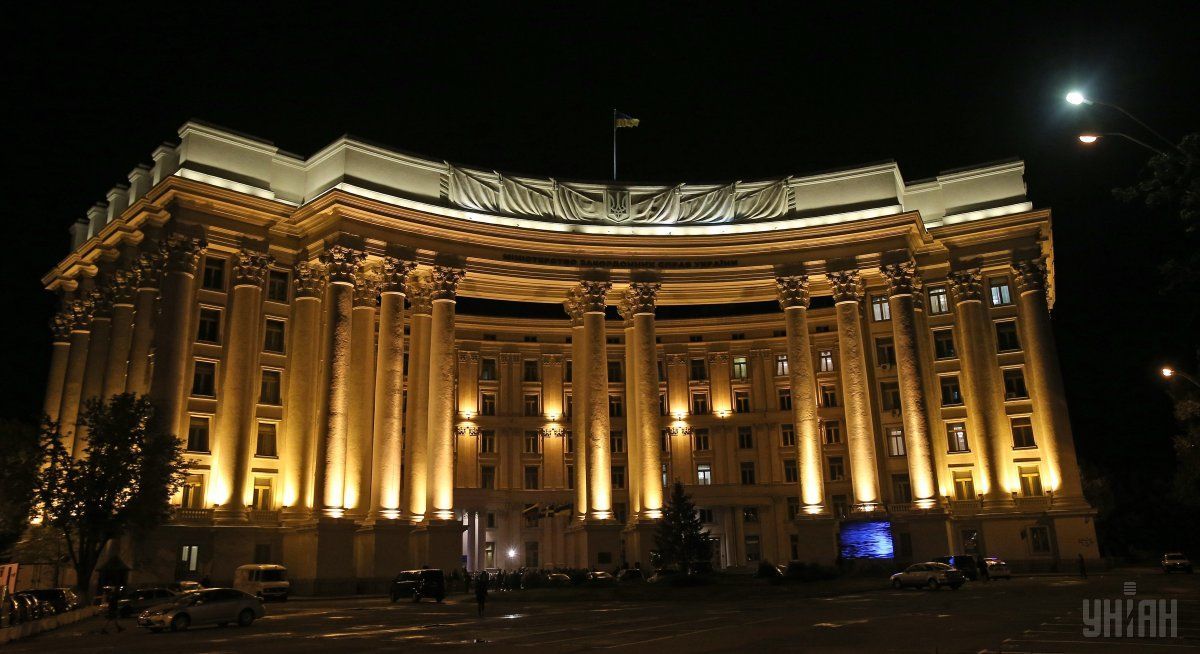
Ukraine's Foreign Ministry is concerned that Poland's Sejm has outlawed Ukrainian nationalist ideology.
"The Ministry of Foreign Affairs of Ukraine is deeply concerned over the adoption on January 26, 2018, by the Sejm of the Republic of Poland of a bill on amendments to the Law on the Institute of National Remembrance – the Commission for the Prosecution of Crimes against the Polish Nation and some other laws," the Foreign Ministry said in a statement on its website. "It's a pity that the Ukrainian theme has once again been used in Poland's domestic policy, and the tragic pages of the common historical past continue to be politicized."
Read alsoOver 6,500 people take part in events across Ukraine to honor Bandera (Photos)"We categorically reject the new attempt to introduce a one-sided interpretation of historic events, including the incorrect use of the name of part of modern Ukraine's territory in the official document of the Republic of Poland," the Foreign Ministry noted.
"We would like to remind the authors of the draft law that the Ukrainians, like the Poles, enormously suffered from totalitarian regimes during the Second World War, and also selflessly fought for the freedom of their country. In this context, attempts to portray the Ukrainians exclusively as 'criminal nationalists' and 'collaborators of the Third Reich' give serious cause for concern," the Foreign Ministry said.
Yet, the ministry expects that the Senate of Poland (the upper house of parliament), which should soon consider this bill, "will show the political wisdom regarding the issues that could affect the development of bilateral relations."
"Being aware that issues of historical memory in the life of Ukrainian and Polish peoples are sensitive, we call on the Polish side to be open and constructive in the further development of Ukrainian-Polish relations," the ministry said.
As UNIAN reported earlier, the Polish Sejm on Friday, January 26, voted for the bill submitted by the Kukiz'15 party, which outlaws the so-called "Bandera ideology," with its historic roots stemming from Ukraine. The bill defines "the crimes of Ukrainian nationalists and Ukrainian units who collaborated with the Third Reich," introducing a possibility of initiating criminal proceedings against those who deny such crimes.
UNIAN memo. Stepan Bandera is a controversial figure in Ukraine. Despite leading anti-Soviet resistance fighters, Bandera was arrested and jailed by the Nazis during World War II. He was assassinated by a Soviet KGB agent in Munich, Germany, in 1959.

